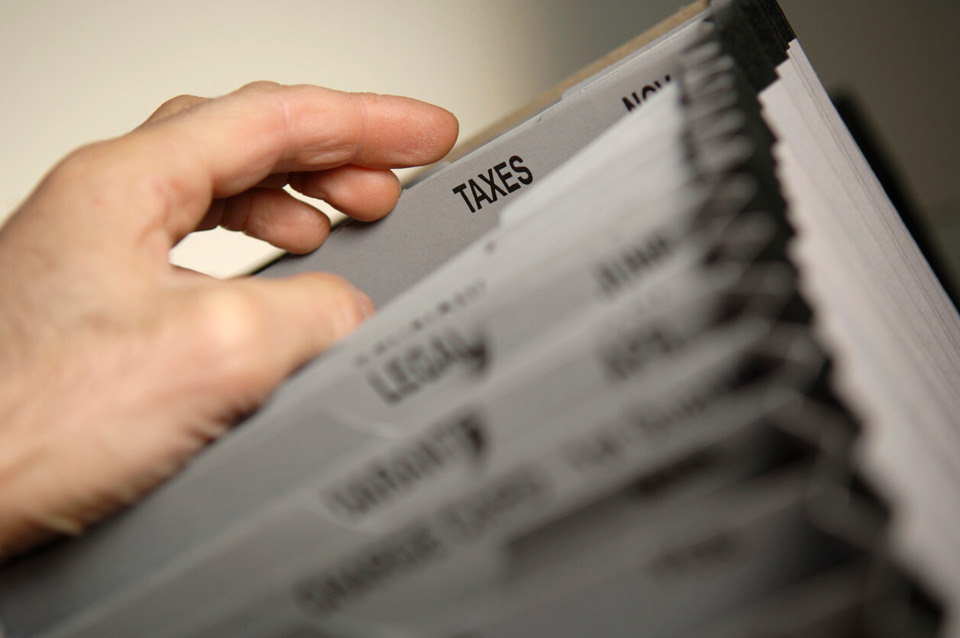The Institute of Public Policy Research's econometric model for road transport shows that as a result of vehicle electrification fuel duty revenues will more than halve in real terms by 2030 – by at least £10bn.
It says that not only has car use apparently peaked in the UK and other industrialised countries, with people now making fewer journeys and travelling less distance by car, but recent years have seen the biggest drop in new car CO2 emissions on record.
The apparent ‘peak car’ trend suggests some fundamental shifts are taking place in transport, which date back to the 1990s.
The IPPR's report looks in detail at three key challenges faced by policymakers – technology (emissions and efficiency), finance (sustaining the public purse) and social justice (access for all) – and outlines a policy framework that could help to ensure these challenges are overcome.
The report says that to meet climate change targets, 1.7million vehicles will need to be electric or plug-in hybrid by 2020, a tough car emissions targets is needed and that that the best R&D into low carbon motor manufacturing needs to be co-ordinated and backed by Government.
Using an econometric model to predict the impact of the shift to electric and hybrid cars, the IPPR's analysis says that as well reducing Government tax revenue, such a shift in the costs of motoring could lead to greater congestion.
The report also argues that the Government should build on the forthcoming road-user charging scheme for HGVs by piloting revenue neutral ‘pay-as-you-go’ driving schemes after 2015, reflecting the findings of Fleet News in a recent article on falling revenues at HMRC.
Nick Pearce, IPPR director, said: “To meet our climate change targets we need to decarbonise road transport over the next decade, which means setting a tough target for car emissions of 95g/km by 2020. If UK manufacturing is going to be at the forefront of this green cars revolution, we also need an active industrial strategy that backs the best R&D.
“Our analysis shows that the Treasury is going to lose at least £10bn of revenue by 2030 in reduced fuel duty. Road-user charging is going to need to be carefully introduced to make up for this loss of revenue, building on the forthcoming scheme for HGVs and on the experience of toll roads like the M6.”
Click here for the full report.



















Login to comment
Comments
No comments have been made yet.